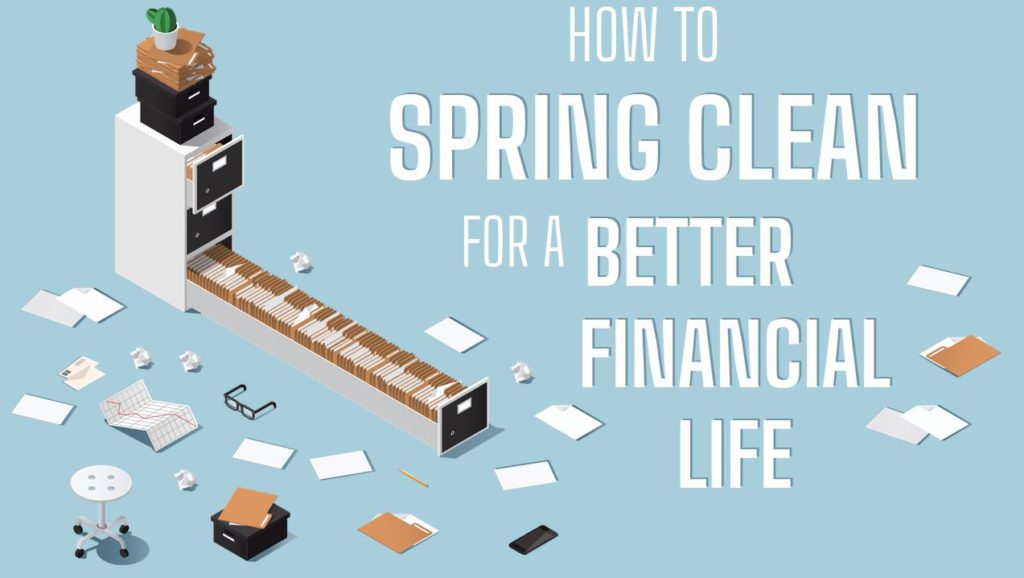< back to Market Insights Blog
The last few weeks and months have had a lot of stress and uncertainty.
So, instead of writing to you about politics, or the economy, or the supply chain, I figured I’d change the script and write about something completely different.
Let’s talk about gratitude.
Is gratitude a practice for you?
In my role as a financial professional, I’ll tell you that it should be.
Why?

Gratitude reminds you of what really matters.
Not the lines at the store.
Not the traffic.
Not what happens on Capitol Hill or Wall Street.
But, what really, truly matters.
I am deeply, abundantly grateful today.
For the food in my fridge.
For the roof over my head.
For my health.
For my circle of family and friends who love me.
For my community that has given me a home.
For my amazing clients and partners who have given me a vocation.
I’m grateful for you.
Taking inventory of all my blessings gets me through the minor irritations.
It also helps me reset when something major happens.
Gratitude calms me when things get stressful and overwhelming.
What are you grateful for?
Has it changed over these crazy couple of years?
Do you have any rituals around gratitude?
Please write back and let me know. I’m excited to hear from you.
With gratitude,
Goran Ognjenovic
Independent Investment Advisors
(971) 350-8068
www.independentadvisorsnw.com
P.S. Can I ask you to do something with me? Would you send an email or text to three people you are grateful for? I bet you’ll make their day. I wrote to you, so now I’ve just got two more :). Hit “reply” and share any responses you get.
P.P.S. Want some insight into the relationship between gratitude and happiness? Here’s a great TED talk on the topic by Benedictine monk David Steindl-Rast. If you watch it, will you send me your thoughts?
The following posts and commentary are to be used solely as educational tools and do not contain investment advice. Investment advice must be tailored to a particular investor’s specific needs. None of the information contained should be construed to be investment advice. Individuals wishing to tailor a plan to their own needs should seek the help of a Registered Investment Advisor.
There is a high degree of risk in investing and trading. Independent Investment Advisors assumes no responsibility. Principles of Independent Investment Advisors may, at times, maintain directly or indirectly, positions in securities or derivatives mentioned in these comments.




